Food for Thought
‘Been there, seen it, done it’ is an expression that could well have been coined with Elizabeth Pisani in mind.
Born in the US, raised and educated in Europe and Hong Kong, Elizabeth speaks French, Spanish and Indonesian and modestly describes herself as able to 'fake' Mandarin. She has an MA in Classical Chinese from Oxford, an MSc in Medical Demography from the London School of Hygiene and Tropical Medicine and a PhD in Infectious Disease Epidemiology. She began her career as a foreign correspondent. Her work for Reuters, The Economist and Asia Times thrust her into Tiananmen Square as the troops invaded, into Aceh to cover the civil war and, at less risk to life and limb, into Hong Kong to investigate the impact of the 1986 stock market crash on nightclub hostesses. Her zest and curiosity have prompted her to live, work and travel extensively, particularly throughout the Far East. She has written books, as well as countless essays, research papers and reports and has delivered two TED talks. She swapped one high-level career for another when she became an epidemiologist and insists that the skills are the same: find the right people; ask them the right questions; organise and analyse the information intelligently; communicate it to people who can do something about it. She has advised health ministries and organisations the world over and now runs her own public health consultancy. Here is a woman who has even taken tea with a stranger’s dead granny, for heaven’s sake. But she has never channelled her zeal to spread the word about what really drives decision making in global health, and the mismatch between need and resource, into creating a musical show. Until now.
In the autumn of 2014, Elizabeth dropped in, on a whim, to see Grand Union Orchestra’s spectacular Undream’d Shores at the Hackney Empire. Witnessing the phenomenal energy GUO generated around the weighty subject of migration scratched at an itch she’d been harbouring for a while. After years studying the data, Elizabeth knows that the diseases causing most suffering around the world are rarely those receiving the lion’s share of attention or funding. Yet the health establishment’s answer is to keep throwing ever more technical evidence at the problems, ignoring historical, social and political evidence and solving nothing much in the process.
Elizabeth yearns for a different approach. What about music, for instance? Why not take the statistics around a disease - geographical spread, demographic, the amount of publicity it gets, how well treatment is funded – and assign musical elements such as rhythm, tempo, volume or specific instruments to each? Could people ‘hear’ the difference between diseases and the way the world treats them? Surely, this might set people thinking more creatively than what she describes as endless "po-faced conferences with power point presentations to an audience that has seen them all before".
So she stuck her neck out and emailed Tony Haynes, GUO’s founder and, for over 30 years, it’s composer and artistic director. Fortunately, Tony (no stranger to Wilton's) is also a great fan of long shots. With support from Wellcome Trust, many brainstorms, workshops, revelations, discussions, dinners and disagreements later, Song of Contagion premiers at Wilton’s in a few weeks. "I was so thrilled when Tony agreed to take on the challenge. I’ve worked with lots of brilliant scientists, but Song of Contagion is my first collaboration with musical genius, and it has been a real education.”
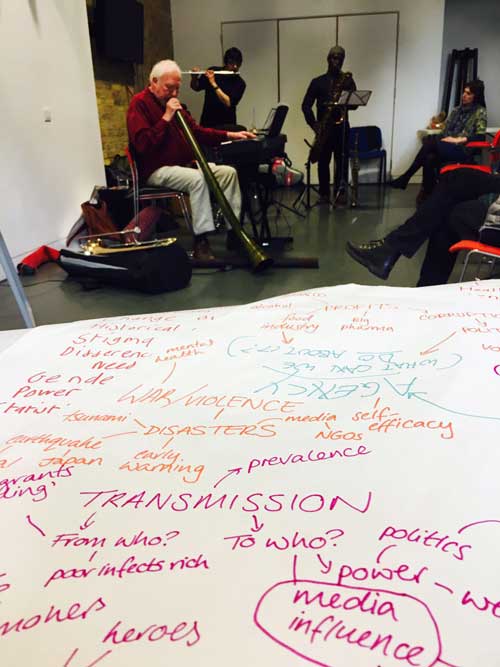
The very first workshop and, after an inspiring brainstorm, Tony Haynes explores the similarity between the didgeridoo and London's drains
Their first task was to decide which diseases to feature and the final work explores five stories. Here’s how Elizabeth describes them:
Cholera: London versus Kolkata: the disease was rife in both during the 1850s but their outcomes differ radically. When The Big Stink drove parliamentarians out of their riverside offices, pure self-interest led them to authorise funding for Bazalgette’s sewers, which happened to halt the water-borne disease in its tracks. In India, where such environmental investment has never been made, cholera continues to cause death and misery.
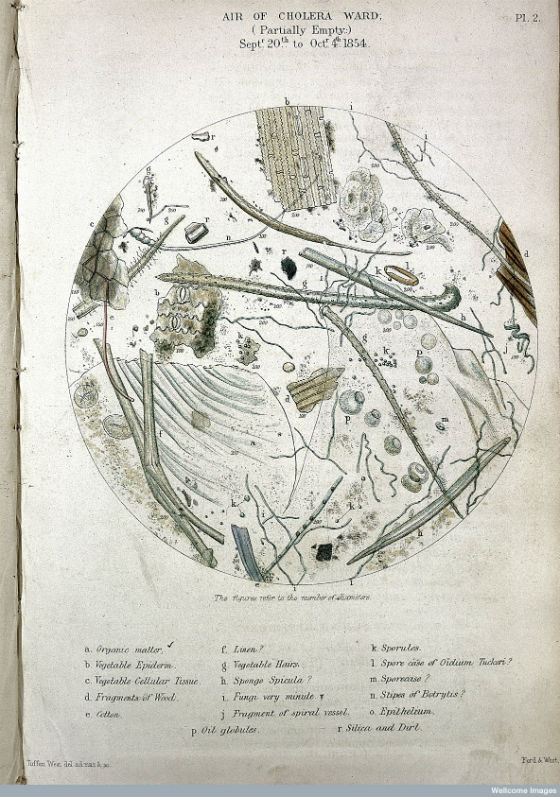


Zika versus dengue fever: both are spread by the same mosquito, Zika does not kill, yet received huge publicity when it was linked to a few thousand cases of abnormally small heads and incomplete brain development in Brazil in the run up to the Rio Olympics. For decades, dengue has killed 10-20,000 people every single year (many of them children), expensively hospitalising half a million or more, yet few people know of it and it never hits the headlines. Images of deformed babies make front page news but photographically unremarkable dengue shock syndrome never will.

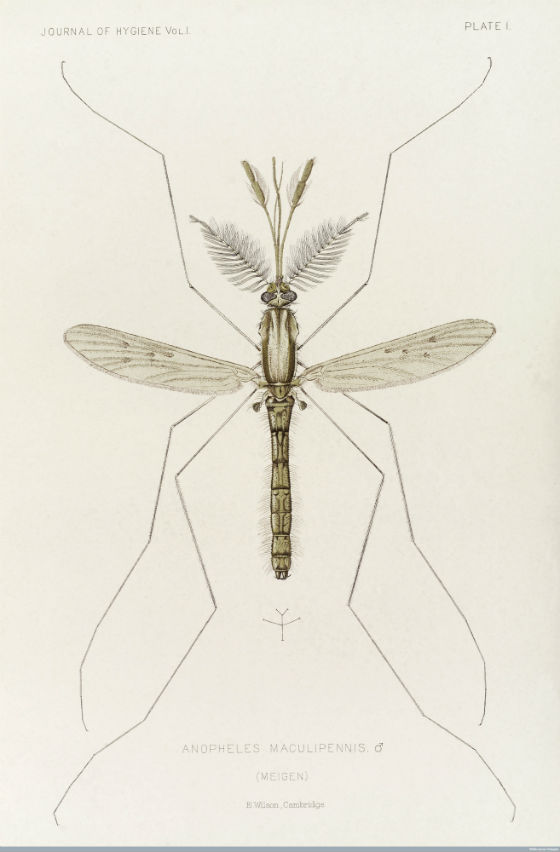

Guilty!
HIV in the US versus Africa and the first case of successful patient activism: faced with the US government’s inaction, the well-connected, media-savvy gay community bravely campaigned for research and drugs, pulling stunts such as closing down the Stock Exchange for the first time in history. Treatment was available far sooner than it would have been without them. Meanwhile, the high cost of those drugs was prohibitive for sufferers in other continents, especially sub-Saharan Africa. But US public support (and George W Bush’s $60 billion in aid) for the campaign for cheaper drugs and treatment for Africa was only won after victims were widely shown to be innocent women and their babies, rather than gay men, drug users and prostitute.
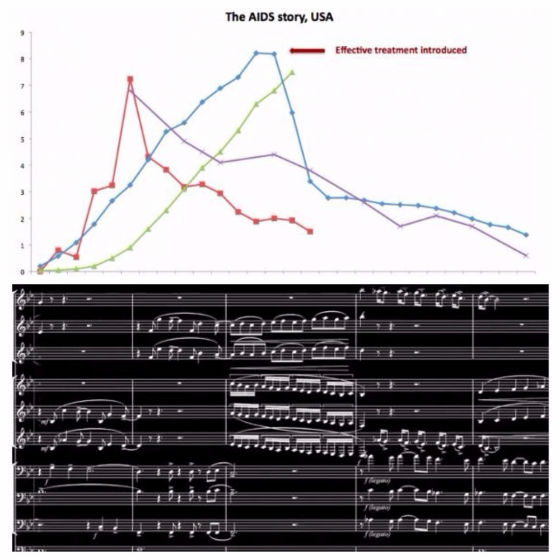
AIDS on a graph and on a stave

AIDS on a graph and on a stave
Coronary heart disease and ‘a little of what you fancy does you good’: though it may just end up killing you, particularly if corporate lobbyists from the food and sugar industries have their way and block public health measures to reduce consumption.
Post traumatic stress disorder – inequities in diagnosis and treatment: if you are a soldier with a rich country and a guilty government behind you, you will probably get treatment for the effects of dropping bombs on people. If you’re a civilian and those bombs killed your husband and three children, you will probably just be left to get on with it.
Through traditional music hall songs, African drum beats, Brazilian samba, strings, brass, sitars and the gamelan, plus all-too-human voices from around the world, these stories will colourfully and energetically unfold. And, hopefully, no-one will resist the urge to get on their feet for the Dengue Merengue. “Tony’s brilliance is that he manages to create shows that are simultaneously thought-provoking, moving, and damned good fun."
Elizabeth is keen to stress, however, that there will be no preaching or heavy messaging. "This is a fascinating topic, full of questions and answers with so much yet to learn. It encompasses all of life around the world. Yet what drives it is so embedded in our lives - the way we do business and so on - that we’re not necessarily aware of it. We’ve tried to make more explicit things that we don’t always articulate. We simply want to provoke thought and hope that people will perhaps question for the first time – why am I being sold this drug and not that one? Why have I heard of Zika but not dengue shock syndrome? Then begin to find answers and make connections. And, above all, have fun!"
There will certainly be plenty of opportunities for all that and more as the show will include schools and family matinees plus pre- and post-show presentations and discussions (strictly NOT po-faced). There is even an East End cholera walk ending at Wilton’s in time for the show.
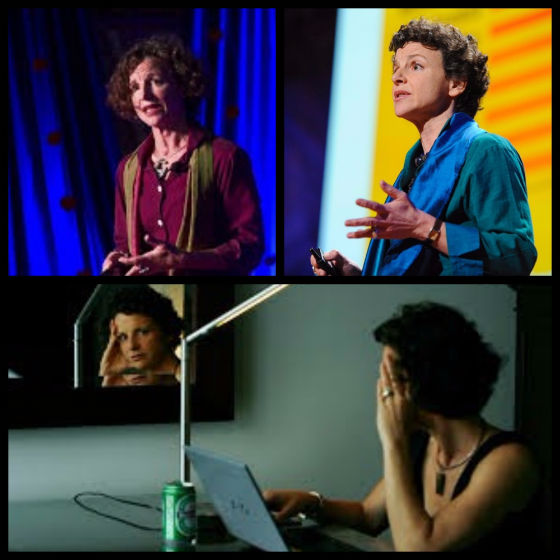
Elizabeth delivering TED talks and with the portable tools of her trade(s): laptop and beer

Elizabeth delivering TED talks and with the portable tools of her trade(s): laptop and beer
The irony of all this is that music is one talent Elizabeth Pisani claims to lack in abundance. Aged seven, her piano teacher proclaimed her ‘unteachable’ after one lesson, insisting on refunding the full term’s fees there and then. Who knows, perhaps it was not being constrained by knowledge of musical theory that allowed her to make that creative leap and see (hear?) music as a new way to present these issues?
Song of Contagion runs 13 to 17 June. See our website for full details of all performances and associated events.
If you would like to read more about the fascinating story behind Song of Contagion and read the blog tracking its development, visit the website here.
Portrait of Elizabeth Pisani by Marit Miners.
Portrait of Elizabeth Pisani by Marit Miners.
